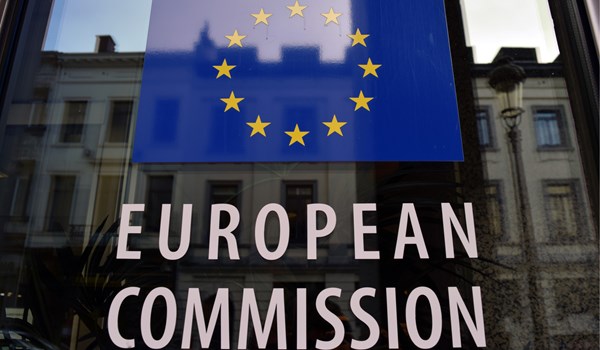Jurisdictions
Regions
Industry Sectors
22/03/22
GLOBAL REGULATION: Researchers call for EU Asset Registry to better implement sanctions.

As published on euractiv.com, Tuesday 22 March, 2022.
Researchers from the EU Tax Observatory and the World Inequality Lab argue that a comprehensive overview of assets held by wealthy individuals is needed to implement the sanctions against Russian individuals effectively.
Eight hundred seventy-seven individuals and 62 entities are sanctioned by the EU, meaning that their assets in the EU are frozen, they cannot access any funds, and the individuals cannot travel to the EU.
These sanctions on individuals and entities form part of a wide array of sanctions that the EU took against Russia, including a ban on certain technology exports and a freeze on the Russian central bank’s international reserves.
The individual asset freezes might hit wealthy Russians especially hard. Data from 2000 to 2009 show that wealth inequality is much more pronounced in Russia than in other countries, and much of the wealth is held offshore and thus, might be subject to sanctions.
However, the implementation of the asset freeze is complicated by shell companies and various other financial and legal constructs that help wealthy people obscure their wealth, be it to hide it from tax authorities, launder, or shelter it from sanctions.
The EU Commission, for example, relies on member state authorities and tips from the public to monitor how the asset freezes and other sanctions are implemented.
On 17 March, the EU Commission launched a ‘Freeze and Seize Taskforce’ to help coordination between member state authorities.
However, neither the EU nor its member states understand who owns which European assets as different types of assets are registered in different institutions.
“The information about wealth is very dispersed. We have many bits and pieces, but they’re all held in different institutions,” Theresa Neef, a researcher at the European Tax Observatory, told EURACTIV.
This is why a group of researchers around Theresa Neef, Gabriel Zucman and Thomas Piketty from the EU Tax Observatory and the World Inequality Lab presented a proposal for a European Asset Registry that would connect the information on the ownership of European assets across the EU.
“A comprehensive database tracking where and by whom wealth is held could increase the efficiency of targeted sanctions,” the researchers’ proposal argues.
According to the proposal, a systematic collection of asset ownership information would help identify and close gaps through which wealth can be hidden from authorities. As oligarchs often do not hold assets in their name, it is essential to know the beneficial owner.
“We know from research that as soon as you have a loophole in the registration of beneficial ownership, it will be used,” Neef said, providing the example of real estate held through shell companies.
Independently from the researchers, the European Greens also argued for a European asset registry in a position paper earlier this month.
Meanwhile, the EU Commission is cautiously testing this idea, having ordered a feasibility study on this subject in late 2021.
“The feasibility study is in no way an indication of any plan to establish an EU-wide property register,” a Commission spokesperson told EURACTIV, adding that such a register did not feature in the Commission’s package of legislative proposals to combat money laundering.
Neef argued that a European asset registry would not only help to impose sanctions on Russian oligarchs effectively.
“It would solve so many problems beyond just sanctioning individuals, for example, tax evasion and money laundering,” she said.
“Whether you think about sanctioning wealthy individuals right now or fighting tax evasion and money laundering, you have to think financial transparency broadly across different asset types, across jurisdictions, and also across different legal entities,” Neef told EURACTIV.
To introduce such a registry, the researchers propose establishing a “Task Force for Asset Ownership”. This task force would do the initial work of collecting, cross-checking and analysing all the information on assets held in the EU by wealthy individuals above a certain threshold.
Later, such a task force could be transformed into a more permanent structure to manage the European asset registry.



